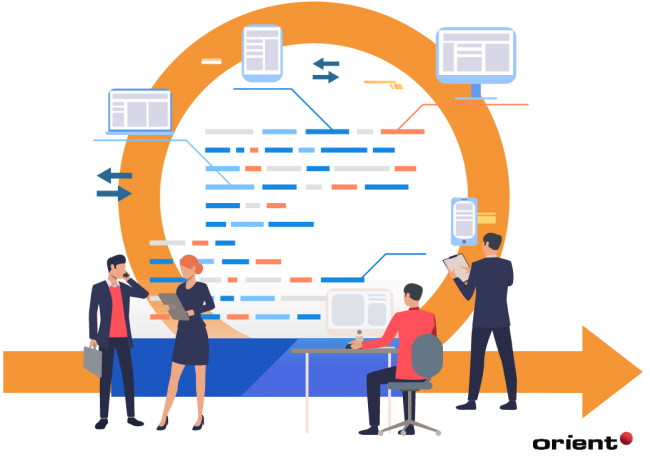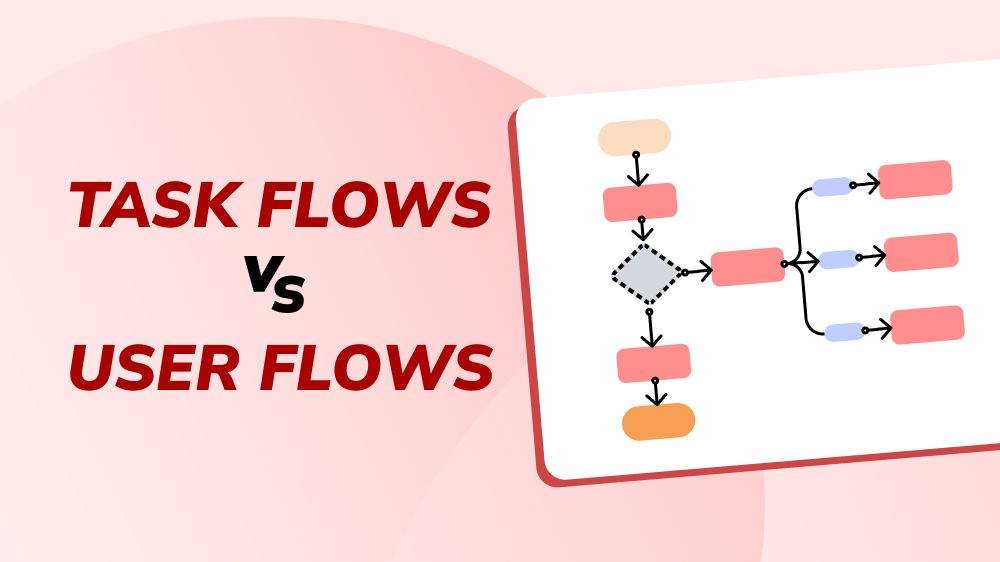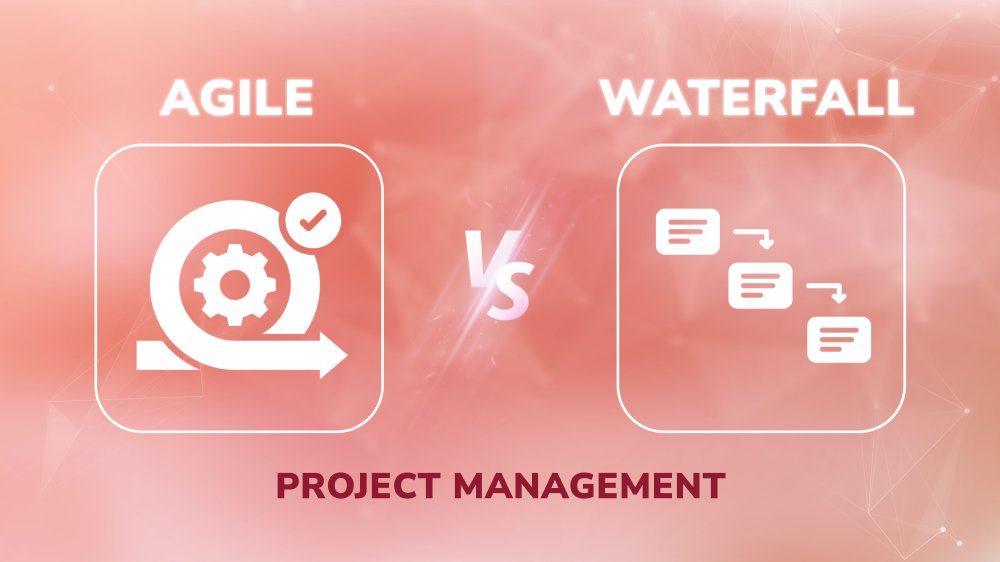Understanding API Product Management: What Is It? & What Do API Product Managers Do?

Content Map
More chaptersAPI integrations are essential for businesses today. They enable companies to quickly and easily connect to the data, services, and resources they need in order to power their applications and meet their customers’ needs. But managing APIs can be a complex and challenging task. That’s where API product management comes in. API product managers are responsible for developing and managing APIs throughout their lifecycle, from planning and development to launch and ongoing operations. In this article, we’ll take a closer look at what API product management is and what API product managers do.
A Brief Yet Comprehensive Intro to API Product Management
Before getting to know the role and responsibilities of an API product manager (PM), it would be better if you are equipped with some basic information first:
What Is an API?
Simply put, API stands for Application Programming Interface, which plays the role of an intermediary between two software systems that enables them to communicate with each other. It would be the one that will take requests from a program and then sends responses back to it. So, how does this happen? In every API request, there will be an endpoint involved which is basically the URL address of the API. The programming language that you use for your program will also affect how your requests are being sent as well as the responses that you will get.
What Is an API Product?
By definition, an API product is a bundle of APIs that work together to perform a set of related tasks. API products are built for a specific audience or market segment and offer a complete solution that addresses the needs of that particular audience. For example, an API product for retail might include APIs for product search, checkout, and payment processing.
APIs are managed as digital products when they are offered to third-party developers for use in their own applications. API products are typically well-documented and supported by a team of developers who are responsible for maintaining the APIs and ensuring that they continue to work as expected.
What Is API Product Management?
The process of developing the strategy, planning, designing, building, launching, and maintaining the entire API product lifecycle is defined as API product management. In the end, the final goal of API product management is to assure the development and eventual launch of successful API products that drive business value and create customer or user delight, as well as generate revenue.
Everything About API Product Managers
According to the 2019 API Usage and Strategy Survey by Gartner, the figure of the organizations rank “Missing key roles, such as API product manager,” as one of the biggest API strategy challenges has risen from 42% in 2018 to 54%. This emphasized the rising role of API PMs. So, what do they do, actually?
What Do API Product Managers Do?
API product managers (PMs) are primarily responsible for overseeing and managing the entire API product lifecycle as well as building up a market for the end-users. As the head of the API department, a PM holds the vision of all APIs, and the mission is to achieve the final target, which is to monetize the APIs and generate revenue from the products.
The duties and tasks of API product managers may often vary by organization, industry, and company size. But some of the key responsibilities of an API product manager can be generally classified as below:
Strategy & Planning
First and foremost, the API product manager will play a key role in analyzing customer requests and researching market trends to come up with product requirements and design specifications. In addition, the PM will work closely with other stakeholders to set the company’s API strategy as well as the vision and objectives for the product. Based on those, the product manager will proceed to create a detailed roadmap, budget, and release schedule for the API product. This involves hand-in-hand coordination and collaboration between PMs and other departments, ranging from the engineering team and sales team to the marketing team, to make sure everyone is on the same page and the development efforts are aligned with the initial objectives.
API Design & Documentation
After the strategic planning is done and everyone has agreed upon the product goals, it is time for PM and the team to get down to the brass tacks and start designing the APIs. The API product manager will work with the engineering team closely to come up with a robust and scalable design that meets all the requirements. This will also be accompanied by comprehensive documentation so that the end-users will be able to understand and use the APIs easily. The API documentation should be clear, concise, and up-to-date so that it can serve as a valuable resource for developers.
API Product Launch & Promotion
Now that the API is built and well-documented, it’s time to launch it to the public. The API product manager will be in charge of coming up with a go-to-market (GTM) strategy, coordinating with the marketing department for a promotion plan, and working with the sales team for customer support preparation, eventually ensuring a smooth rollout. The prerequisite factor that can make or break the success of an API now is the seamless communication and collaboration between PMs and other related departments. Therefore, this stage requires a good API product manager who not only has a solid understanding of both the technical aspects of the product and the business acumen but also is able to lead and motivate a team to achieve common goals.
Maintenance & Improvement
As in software development, once an API is launched, it’s not the end of the road yet, and the maintenance and monitoring is an ongoing process – there’s always room for improvement. The API product manager will continuously track the performance indicators and user engagement metrics to gather feedback and identify areas needed to be tweaked or updated for further product optimization. Based on the feedback and reviews, product managers will recommend changes and new features accordingly. In addition, the PM will also be responsible for providing customer support in case there are any issues with the API. This includes working with the engineering team to fix bugs as well as addressing questions and concerns from users.
What Skills & Qualities to Look for in a Great API Product Manager?
API product management job is a challenging yet rewarding role that requires a mix of skill sets. If you find yourself having what it takes, then this career path can be the right one for you. The good API product manager skills comprise:
Technical Domain Knowledge
As the head of the API department, you must have a good understanding of how APIs are designed and built, ranging from API calls, API design, open APIs, and API documentation to API development, API testing, and API security so that you can work closely with the engineering team during the development cycle. Furthermore, it would be helpful if you have some basic knowledge of coding as well so that you can troubleshoot problems more efficiently. Furthermore, experience with API management tools would be a great plus. And last but not least, familiarizing yourself with web technologies such as HTML, CSS, and JavaScript would also come in handy since APIs are usually consumed through web applications.
Communication Skills
Apart from having strong technical knowledge, it’s also critical for API product managers to have excellent communication abilities. This is because you will need to interact with different teams on a daily basis, ranging from the engineering team to the sales team, and being able to communicate effectively will be necessary for ensuring the smooth running of the project. In addition, good writing skills are also essential since you will be responsible for creating comprehensive documentation for the APIs.
Problem-solving Skills
This is the set of skills necessary for any position, including API PMs. As a manager, you will be expected to figure out solutions to various technical challenges that may arise during the API design and development process. Therefore, it will be a big advantage if a PM owns strong problem-solving skills and a sense of identifying the root cause of the issue and coming up with an effective solution.
Leadership Skills
This is a must for any management role, including an API PM. Since you are the one who leads the engineering teams and supervises the whole development lifecycle, having strong leadership skills is essential for success if you would like to manage and motivate your team members effectively.
Interpersonal Skills
Last but not least, interpersonal skills are required from good API product managers since you are going to work with people from all walks of life. This includes everyone from developers to marketers to salespeople. Therefore, being able to get along well with others, adapt to different environments and build strong relationships is key to success.
The Base Salary Range of an API Product Manager
According to the average salary range by ClimbTheLadder, the median annual salary of an API PM is around $125,000, which is equivalent to $60.1 per hour. The accuracy of the figure is relative as it is calculated based on the statistics collected from various salary aggregate websites, and these sites rely on the data submitted anonymously by individuals. This is just for your reference, and the actual number may differ due to many factors. API product managers with different levels of experience and expertise, as well as the location, will get different base salaries and additional compensations, such as KPI bonuses.
And if you crave a salary increase, you’d have to sharpen your skills by going back to school or learning while on the job and earning more experience. Additionally, an API product manager should build a strong network of contracts within the IT industry. The more contacts you have in your hands, the better opportunities of high-paid job openings you can get. There are multiple ways for you to expand your network. First, you can try to attend some professional IT conferences and meetups related to your field of expertise. Secondly, you can also join some online communities or forums where professionals in the industry congregate and interact with each other. Lastly, you can also utilize social media platforms such as LinkedIn to connect with people working in the IT industry. In brief, extensive domain knowledge, and rich experience, together with a strong network of contacts in the industry, will accelerate your career as an API product manager.







